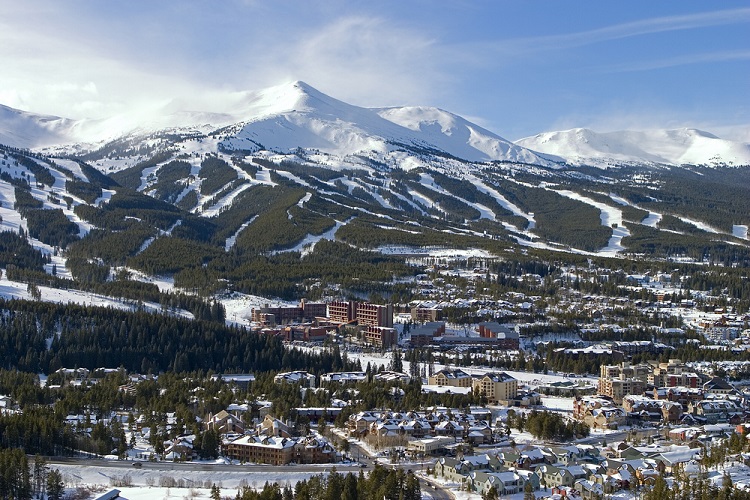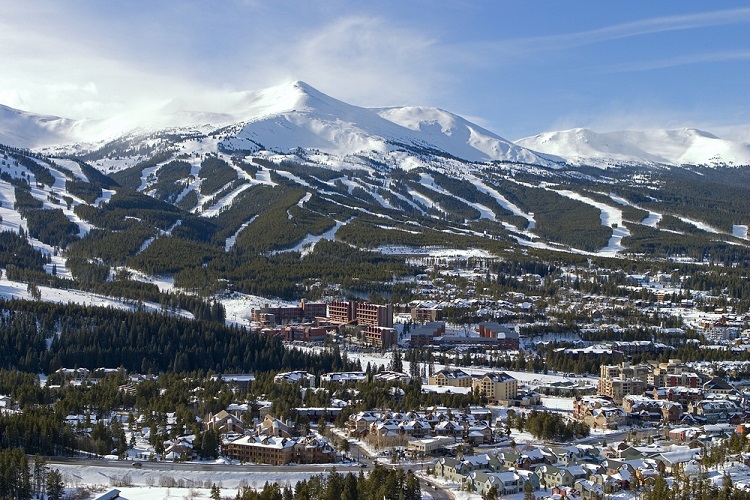How Vail's New Acquisitions Will Impact Colorado Real Estate
Vail mixes it up and buys 17 new resorts
Glen Weinberg //August 5, 2019//


How Vail's New Acquisitions Will Impact Colorado Real Estate
Vail mixes it up and buys 17 new resorts
Glen Weinberg //August 5, 2019//

Vail announced the acquisition of 17 East Coast resorts for $264 million located near major metropolitan areas, including New York, Boston, Washington, D.C., Baltimore, Philadelphia, Cleveland, Columbus, St. Louis, Kansas City and Louisville. What is Vail’s strategy with this purchase and how will this impact Colorado real estate?
Details of the Acquisition
Vail has entered into an agreement to pay $ 264 million for Peak Resorts which owned the following mountains:
- Mount Snow in Vermont
- Hunter Mountain in New York
- Attitash Mountain Resort, Wildcat Mountain and Crotched Mountain in New Hampshire
- Liberty Mountain Resort, Roundtop Mountain Resort, Whitetail Resort, Jack Frost and Big Boulder in Pennsylvania
- Alpine Valley, Boston Mills, Brandywine and Mad River Mountain in Ohio
- Hidden Valley and Snow Creek in Missouri
- Paoli Peaks in Indiana
These mountains will be integrated into Vail’s already long list of mountain properties and be offered on the Epic Pass.
Vail’s Strategy
Vail has long employed a strategy of using “feeder resorts” to get people hooked on skiing and riding so that they ultimately make the trip to one of Vail’s larger western resorts (Breckenridge, Vail, etc…).
In a release, Rob Katz, Vail Resorts’ chairman and CEO, says “Peak Resorts’ ski areas in the Northeast are a perfect complement to our existing resorts and together will provide a very compelling offering to our guests in New York and Boston. With this acquisition, we are also able to make a much stronger connection to guests in critical cities in the Mid-Atlantic and Midwest and build on the success we have already seen with our strategy in Chicago, Minneapolis and Detroit.”
The thinking is that if someone rides at, let’s say Hunter mountain in NY, and they buy an Epic pass for unlimited riding there, they can ski “free” at other resorts. Then, when they book that family vacation to Colorado for Spring Break, they most likely will choose a Vail resorts property as the lift tickets would be free as opposed to going to let’s say Copper Mountain and paying $175/day for each person. The savings on lift tickets alone will “lock” many travelers into Vail resorts properties.
The Impact on Colorado Ski Real Estate
Real estate will continue to be impacted by the ski industry consolidation that is continuing to pick up steam. Only the strongest resorts will survive. The ski industry is rapidly becoming like the airline industry with only a few major players due to the huge capital investments required. Vail Resorts’ recent acquisition will ensure real estate in town’s with Vail owned mountains will continue to prosper while other towns not associated with Vail or Alterra will overall underperform. The safest mountain real estate investments will be in towns owned by either Vail or Alterra as they will have the capital to continue to invest in the mountains.
Summary
This recent acquisition by Vail further eliminates regional and independent resorts and puts significant pressure on the remaining resorts. The pressure will only amplify for the remaining regional and independent resorts forcing them either to be acquired or partner with either Alterra or Vail. It will be interesting to watch over the next couple years what resorts are left standing. One thing is for certain, real estate in mountain towns owned by Vail or Alterra will be a much better investment for the long haul.

























